The American billionaire's return to the White House and his radical rhetoric echo the electoral success of the far-right in Europe in recent months.
For Europe's far-right leaders, Donald Trump's victory in the US presidential election is another point scored for their ideas and rhetoric.
Hungarian Prime Minister Viktor Orban called it "the victory that the world badly needed", while Italian Prime Minister Giorgia Meloni spoke of two"*sister nations." In Germany, the co-chairperson of the far-right AfD party said that it was not "woke Hollywood that decided this election, but working Americans".
Europe's populist parties agree with the American billionaire on his anti-immigration rhetoric, perception of economic decline, rejection of the elites and contempt for international institutions.
As a result, Europe's far-right sees the US election as a success that could spill over into Europe.
"Trump's victory will have consequences for the far right in the EU," says Javier Carbonell, an analyst at the European Policy Centre.
"We know that there is a normalisation effect on voters who will now feel more comfortable to vote for the far-right or who feel happier voting for these types of parties," he adds. "This will, of course, increase the power of these parties in the European Union."
The analyst also thinks Trump's comeback normalises the rhetoric of "disinformation" and "revenge" in the political arena.
However, according to Sophie Pornschlegel, deputy director of Europe Jacques Delors, what is happening in the US cannot be replicated in the EU.
"We have an electoral system that is, for example, less polarised than that of the United States, with different democratic structures and different electoral laws," Pornschlegel points out, adding however that "this risks reinforcing certain positions that show that we are in fact turning our backs on liberalism and also turning our backs on democratic positions."
The far-right's rise in the EU
The far-right gained a foothold in the EU's political landscape in 2024. It now has 187 Members of the European Parliament following the June elections. These MEPs are divided into three groups:
The first group is Patriots for Europe, which includes Rassemblement National in France, Fidesz in Hungary, Vox in Spain and Lega in Italy. The second is European Conservatives and Reformists, which includes Frères d'Italie and the Law and Justice Party in Poland. Finally, the third group is Europe of Sovereign Nations, which consists mostly of the AfD in Germany.
This trend can also be observed within EU member states. Following the early parliamentary elections in France in July, Marine Le Pen's Rassemblement National saw its ranks swell to become the third-largest political force in the Assembly.
Meanwhile, the Freedom Party of Austria (FPÖ) won the parliamentary elections in September ahead of the conservatives.
A political synchronisation
Does the victory of Donald Trump, who relies on 295 electors and won the popular vote, mark a trend of synchronisation on both sides of the Atlantic?
There are certain limits to the comparison, as European populist parties have employed different strategies to establish themselves on the electoral landscape.
"We saw this particularly during the European elections, or just before when the Rassemblement National followed a strategy of de-demonisation in its attempts to win over the centre of the electorate," explains Sophie Pornschlegel.
In contrast, "the AfD (in Germany) has become much more radical than the party was before. So there have been some differences between these far-right parties," she underlines.
While the strategic choices made to reach power appear to differ from one member state to another, the causes behind this rise in public opinion are the same, according to Javier Carbonell.
"There has been a huge cultural change and there is a backlash against this cultural change," explains the analyst.
He argues there are other phenomena and elements that support this populist dynamic; "The economy and automation pose huge problems, as do the inflation crisis and the debt crisis we experienced a few years ago."
The risk of EU fragmentation
For the European Union, the rise of populist forces in Europe threatens the development of a common response to defend the interests of the 27 member states against the next American president.
Donald Trump plans, for example, to impose customs duties of between 10% and 20% on all products manufactured abroad. He has also threatened to withdraw US support for Ukraine.
The billionaire could also call into question the unconditional solidarity provided to the NATO framework when it comes to countries that do not meet the minimum 2% threshold for defence spending as a share of GDP. The Atlantic Alliance is the central element of European security.
"There really are positions that are not at all in our European interests," Sophie Pornschlegel concludes, adding that this applies to the populist and nationalist parties in the member states:
"In the end, Trump is not their ally at all, but rather an enemy of transatlantic relations," she warns.

 1 month ago
15
1 month ago
15
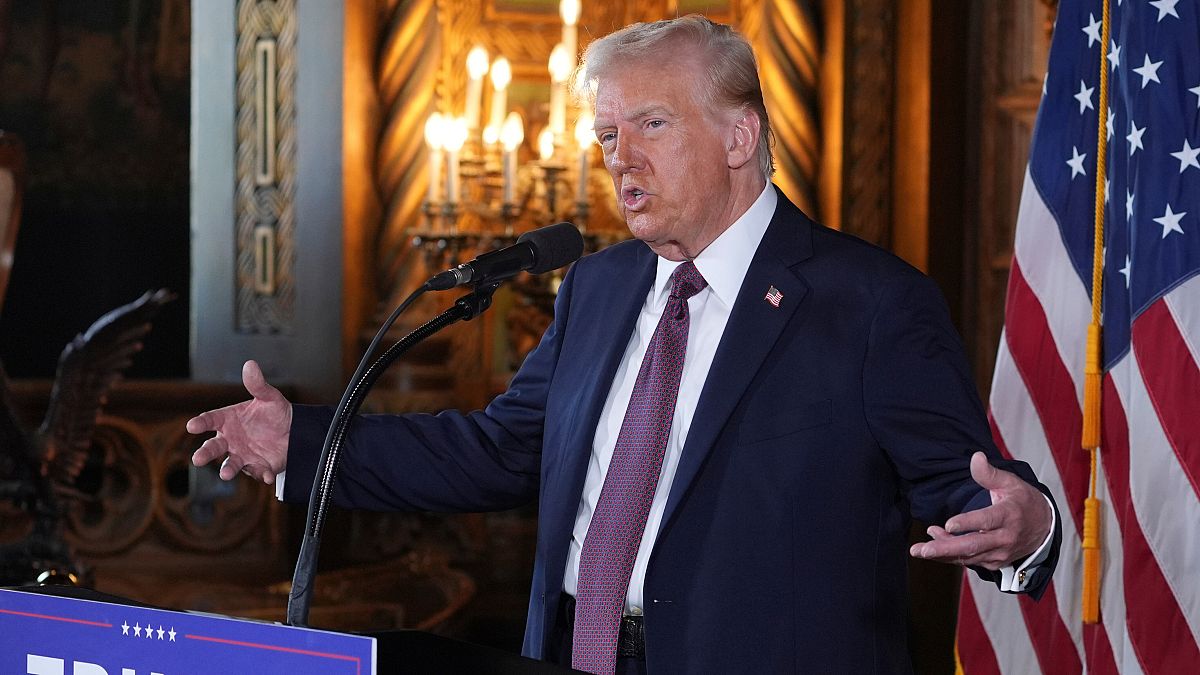
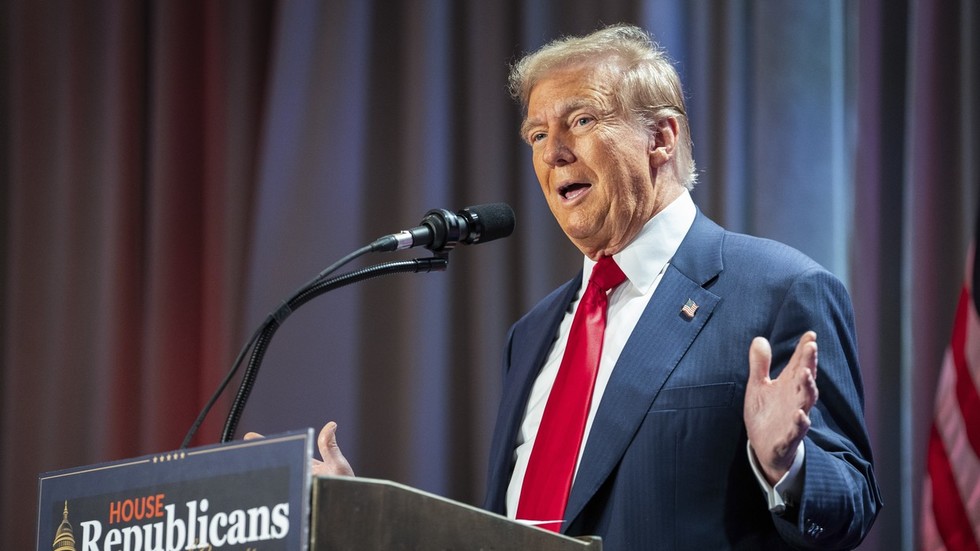
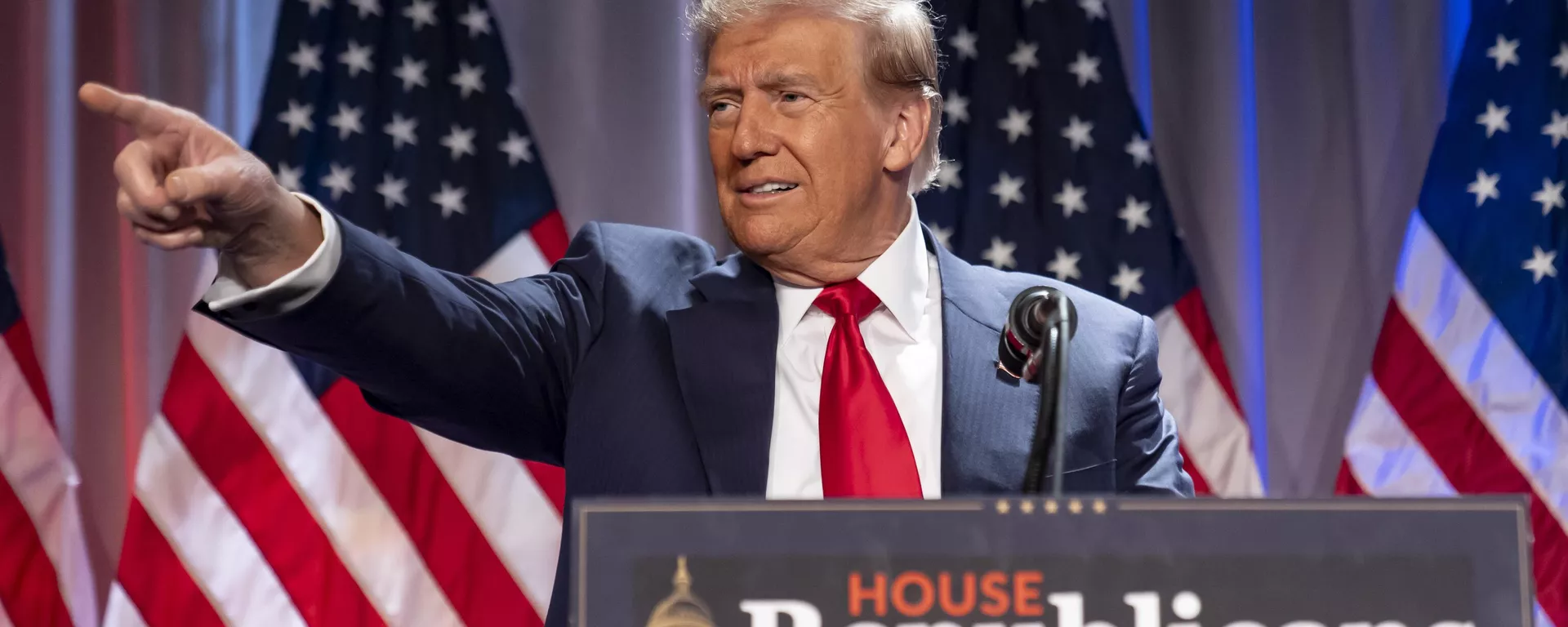

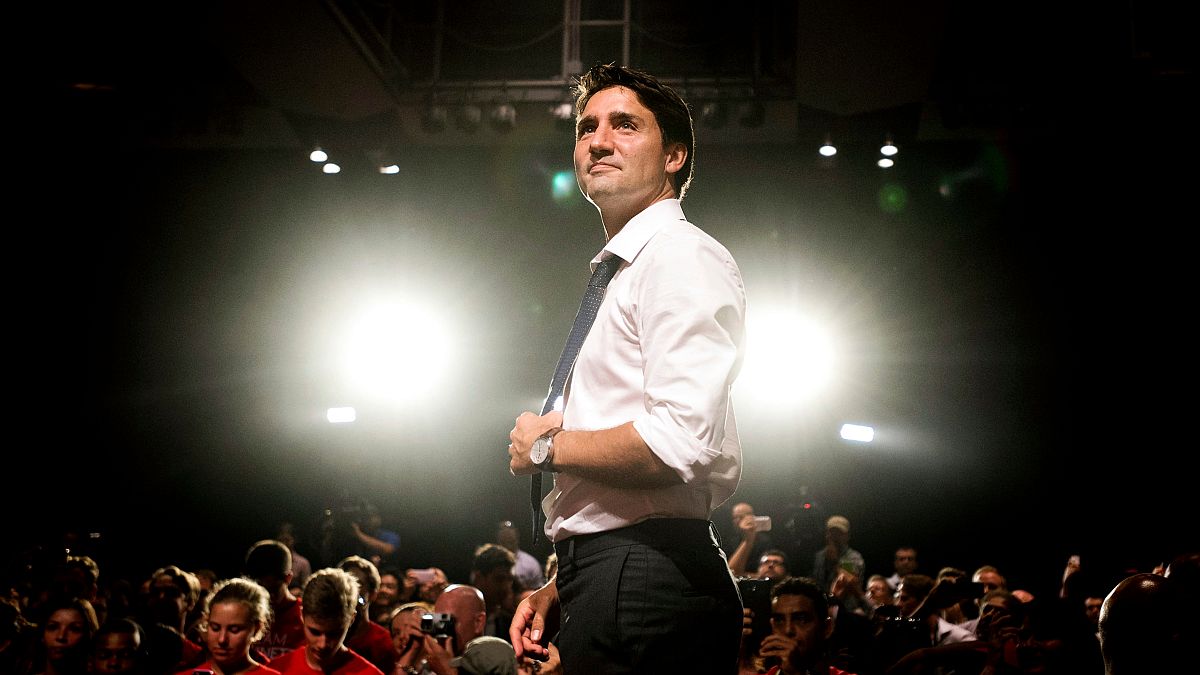
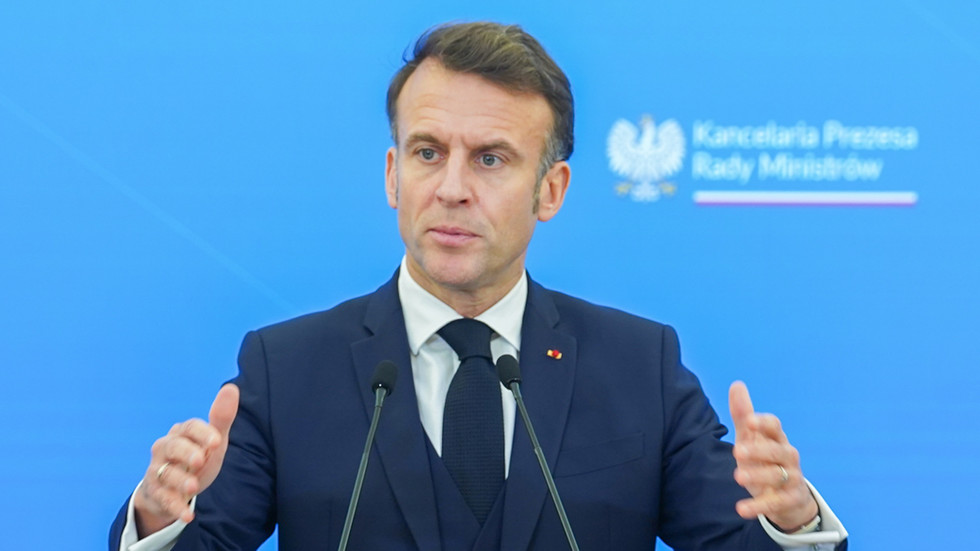
 We deliver critical software at unparalleled value and speed to help your business thrive
We deliver critical software at unparalleled value and speed to help your business thrive






 English (US) ·
English (US) ·